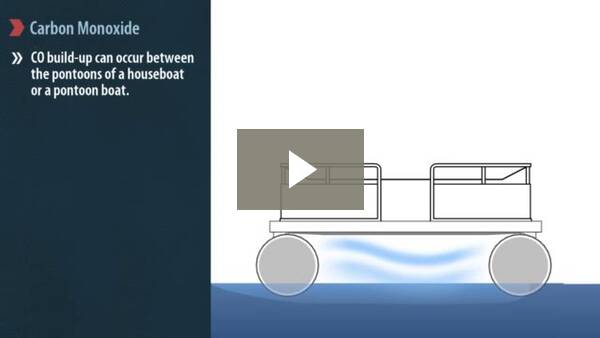Breakdown and Mechanical Failure
You are required by law to maintain your craft and safety equipment in proper working order. By regularly maintaining and inspecting your vessel, you’ll reduce the risk of an unexpected breakdown or mechanical failure.
If your craft has broken down or is inoperable due to mechanical failure:
Step 1) Use an anchor to secure your craft, if necessary. If you are in a high traffic area use a manual propelling device (such as a paddle or oars) to manoeuvre your craft to a safe area before anchoring. If you have lost all power and are drifting towards significant danger, set your anchor immediately.
Step 2) Investigate the cause of the breakdown or failure.
Step 3) If possible, correct the problem.
Step 4) If necessary, signal your need for assistance using a recognized distress signal.
Remember:
You should always carry a tool kit including:
- Spare bulbs (appropriate for your craft)
- Spare fuses
- Grease, penetrating oil and rags
- Spare oil (4-Stroke or 2-Stroke depending on your type of engine)
- Spare safety lanyard (PWC operators)
- Spare spark plugs (appropriate for your engine)
- Basic toolset
- Common nuts and bolts
- Tie straps and duct tape
Carbon Monoxide
Carbon Monoxide (CO) is a deadly gas you can’t see, smell or taste. CO is produced by anything that burns carbon-based fuel (gasoline, propane, charcoal, oil, etc.), including engines, generators, cooking ranges and heaters. CO spreads evenly throughout an enclosed space and is undetectable. Be aware when swimming from a boat equipped with pontoons. CO build-up can occur between the pontoons of a houseboat or a pontoon boat.

CO is inhaled into your lungs and cuts off the oxygen supply to your body, which can kill in minutes. Be alert to flu-like symptoms, which can include headaches, nausea and fatigue.
Operators of boats with fuel burning appliances, such as cooking ranges in houseboats, should be aware of the increased risks of CO poisoning. Swimmers or people being towed closely behind a boat with engines operating are also at increased risk of CO poisoning.
Protect Yourself from CO Poisoning
Be sure to protect yourself and others from CO poisoning:
- Use a marine grade CO detector and check the batteries before each trip
- Only idle your engine in well-ventilated areas and recognize that winds from the stern can carry CO back onboard
- Only heat your boat’s cabin or cook when in a well-ventilated area
- Use only fuel-burning engines or appliances that are certified or designed for marine use
- Proper use of ventilation systems and blowers on your craft can reduce the risk of CO poisoning
Treating CO Poisoning
- Move to fresh air away from the source of CO
- Seek medical/emergency help immediately




